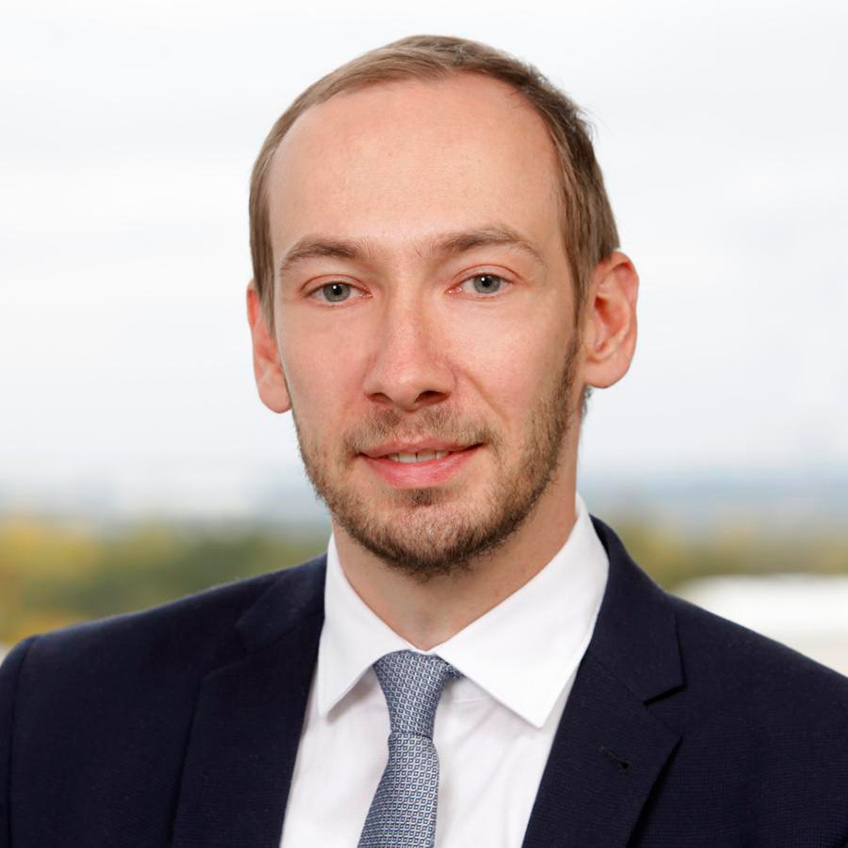Nils Kriege obtained his PhD (2015) in computer science from the TU Dortmund University under the supervision of Petra Mutzel (Chair in Algorithm Engineering) and continued his research as Postdoc under Prof. Mutzel.
In 2015/16 he stayed at the University of York, UK, as a visiting researcher at the Computer Vision and Pattern Recognition Group with Prof. Edwin Hancock and Prof. Richard Wilson for four months.
After holding a non-permanent professorship for Algorithm Engineering (W3 replacement) at the TU Dortmund University in the winter term 2019/2020 Kriege was granted a "Vienna Research Groups" project funded by the WWTF and joined our faculty in spring 2020.
Since Computer Science is a very broad field, what does Computer Science mean for you/how would you describe Computer Science?
When I started studying computer science, I was initially particularly interested in electrical engineering and hardware-related lectures. Later on I got enthusiastic about algorithm theory and had the opportunity to do a PhD at the chair of Algorithm Engineering. An important aspect of Algorithm Engineering is to analyze and implement algorithms taking the specific properties of the hardware into account. So this was an excellent match with my previous interests and knowledge. During my PhD studies I increasingly focused on algorithmic problems in data mining and machine learning for graphs. Again, I was able to build on my previous knowledge and it was exciting to combine this with a new field of computer science. Now my research rather fits into these areas than into algorithmics. I found the combination of different areas of computer science very enriching and I hope to gain more insights into further areas in the future.
What makes Computer Science fascinating for you?
It is precisely this broad range of topics that makes computer science so fascinating for me. On the one hand, I am excited by the theory, which allows to analyze and categorize problems and algorithms. On the other hand, computer science has numerous practical applications and is increasingly finding its way into everyday life and has an enormous influence on society. The research between these two poles of theory and practice excites me.
What is your area of research and what sets it aside from other areas in your field?
I am studying algorithms for graphs and their structural properties. This is rather theoretical, but is of great importance for the development of machine learning algorithms for graphs and thus has an impact on numerous applications. For example, molecules can be represented as graphs and learning methods for graphs play an important role in drug discovery. This is exactly the topic of my Vienna Research Group. Of course, this requires close cooperation with the Pharmaceutical Chemistry, and the University of Vienna provides excellent conditions for such an interdisciplinary collaboration.
Where do you see the connection between your research and every-day life?
Clearly, drug research has a direct impact on everyday life, as the current coronavirus pandemic unfortunately makes evident at present. I would like to develop methods that are used particularly in the early stages of drug development. In the long term, data-driven methods have great potential in this field. The analysis and combination of heterogeneous data from chemistry, pharmaceutics and bioinformatics can help to accelerate drug development, increase the success rates and reduce the costs drastically. In addition, new therapies become possible, e.g., in personalized medicine.
In general, methods for analyzing graphs and networks have many other applications. For example, I am also interested in spreading processes in networks such as epidemics in contact networks or information and fake news in social networks.
What are the 3 most important ingredients for a successful research project?
I really appreciate it when theory, implementation and practical application are closely linked in a research project.
Why do you think are there still so few women in Computer Science?
I cannot imagine that the exciting problems that computer science deals with are any less interesting for women. I rather think that prospective students have a wrong or incomplete impression of the discipline. It seems that people who like to spend a lot of time in front of the computer tend to choose computer science. However, this is neither a prerequisite nor a qualification for studying computer science, but may contribute to an image that tends to discourage women.
Your advice to today's first-year students?
There will always be certain topics in your courses that you think you are less talented for or that have requirements you are not familiar with. I can only recommend to delve into these topics until you have understood them in detail. This takes a lot of time and effort, but is even more rewarding once you have succeeded – and success at university then comes naturally.

